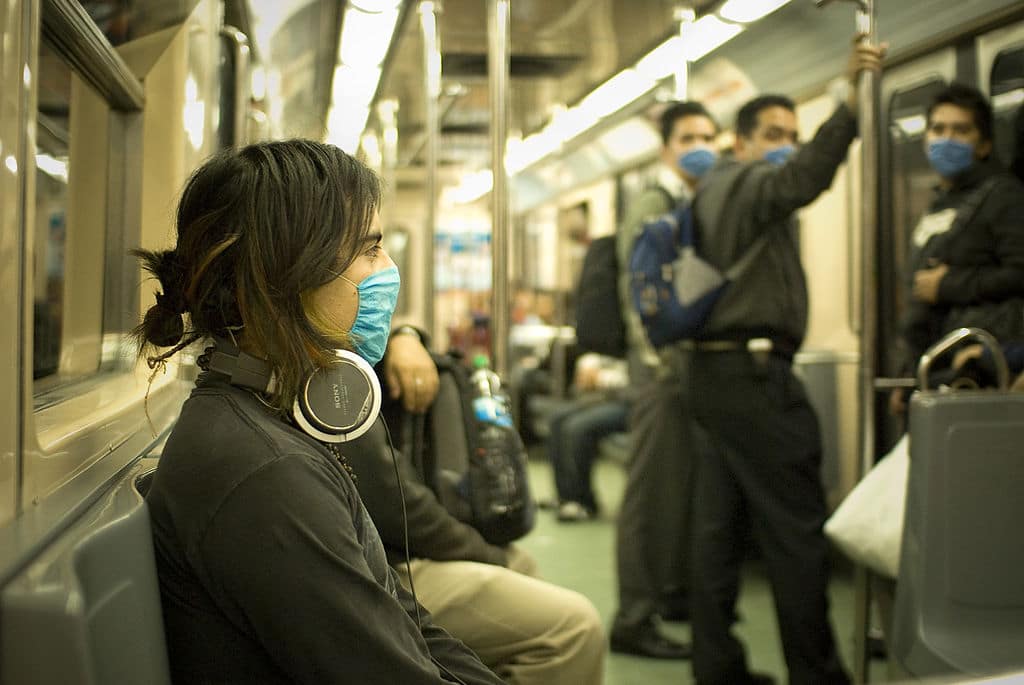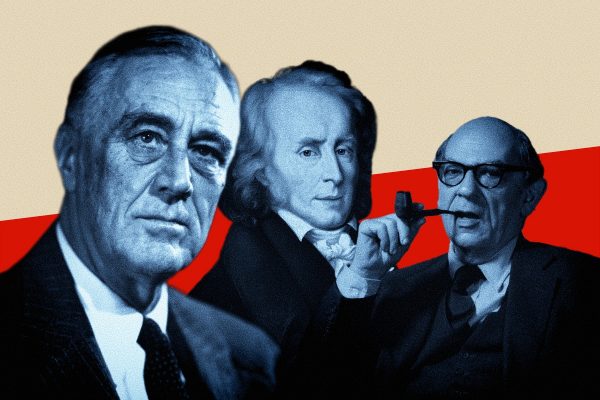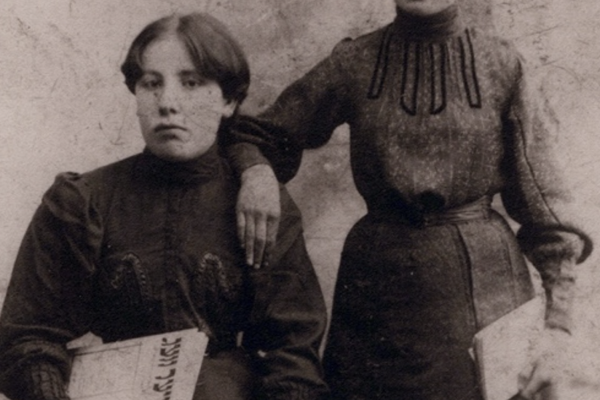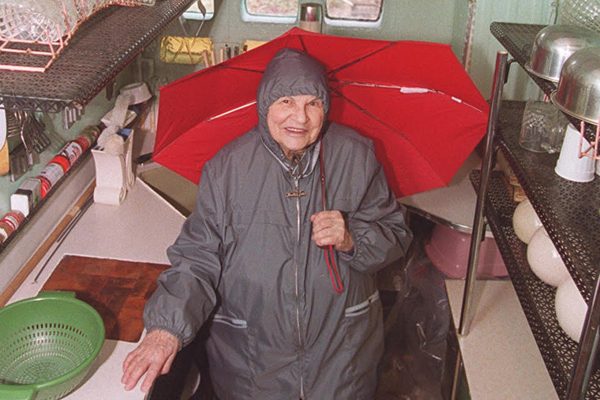Why do we fail to predict—and even more importantly, prevent—social and political crises?
I have often had occasion to reflect on this question in my work on the dissolution of former Yugoslavia in the early 1990s. Since the 1960s, networks of scientists from both the East and the West—not to mention Yugoslav citizens themselves—had discussed and debated the future of the Socialist Federal Republic at length. Yet still most were caught off guard when events ended in Europe’s bloodiest conflict since World War II. It was not that they did not have sufficient knowledge to predict this kind of future: indeed, even a few did forewarn of this possible outcome. It was rather that they could not imagine a future in which their present action was required. In this sense, the success or failure of prediction to inspire precautionary action tells us much more about ourselves than our knowledge of the world.
I see this same theme at work in Sheila Jasanoff’s thoughtful analysis of precaution in the context of COVID-19. As Jasanoff notes, the pandemic is very far from not having been predicted: infectious disease experts have been warning of just such an outcome for some time. What, then, explains the inadequacy of pandemic response in the United States? Jasanoff is right to point to the limitations of a “preparedness” regime, with its distinctive approaches to global risk assessment. Yet the obstacle to better planning involves not only uncertainty regarding the objects of our knowledge, be they political parties or pathogens, but also our relationship to ourselves as knowing and acting subjects. In this sense, precautionary action rests not only on epistemic accuracy in our weighing of models and risks, but also on our affective, political, and ethical orientation to the future.
This is key to understanding the failure of prediction to prevent events such as pandemics or climate change. In these cases, failure has less to do with imperfection or uncertainty of our knowledge and more with the failure to acknowledge how our present actions are directly contributing to bringing about, or at least making more likely, certain kinds of futures—and how our actions can, and must, be changed now, today. In this sense, it is not a failure of prediction, or the failure to communicate predictions to political officials and decision makers, that we should worry about. Nor, from this point of view, does generic overconfidence or a lack of humility seem like a pressing problem. The culprit, as I have argued in my work on politics of knowledge and climate change, is the failure to act before COVID-19 or, say, 1.5° C of global warming, became the most likely futures. In these contexts, what we want to know about the future serves to obscure precisely what we do not want to know about the present: that we must change what we are doing, that we must behave differently.
Sheila Jasanoff says:
Prediction and preparedness are at best guidelines for systematic analysis, not prescriptions for failsafe action.
Why do we so often prefer not to know? Classical theories of denial are not of much help here. In the context of COVID-19, very few are claiming that the virus simply does not exist or that it has been completely eradicated (even if some do deny its severity). The notion of strategic ignorance comes closer to capturing the relationship between not-knowing and not-doing: for instance, the tobacco industry’s denial of the link between smoking and cancer was meant to protect their profits. In other cases, not knowing serves to avoid being held accountable later. In a recent paper, Linsey McGoey and I argue that the UK government strategically wielded ignorance in this way throughout the pandemic, interpreting scientific uncertainty about how to control coronavirus infections as a reason not to intervene. What later appeared as frantic action—installing plastic barriers, distributing sanitizing stations, implementing mandatory quarantines—obscures the government’s failure to act in ways that would have rendered such action unnecessary.
Another reason we may prefer not to know—why we may prefer not to see obvious futures—is associated with the avoidance of choice. Existentialist philosophers linked it to the fear of freedom, the inevitable dizziness or lightness of being that follows when we become aware of the contingency of our lives—and our responsibility in shaping them. This anxiety-inducing awareness can be avoided in many ways, including the claim that we have no other option, that things cannot be changed. Of course, this existentialist emphasis on personal choice can easily seem misplaced—a neoliberal tool for shifting burdens onto individuals, rather than pursuing structural change—but existentialists were not in the slightest bit naïve. Simone de Beauvoir, for instance, clearly emphasized that the ability of individuals to perceive themselves as free agents is shaped from the beginning by their social position, including their gender, race, class, and health. Existential ethics, she argued, requires us to act in the face of these constraints, not in spite of them.
Seen in this light, the failure to act with precaution, or the refusal to even engage in prediction, can be a way of avoiding responsibility for our actions. Like Buridan’s ass, suspended between different options we claim we are too uncertain to select from, we postpone a decision until one course of action seems inevitable. While this flight from responsibility can be observed in our personal lives, it is also especially convenient for governments, which can wield strategic ignorance to maintain the status quo, all while preserving a semblance of democratic legitimacy. McGoey and I deem this sociopolitical formation “fatalistic liberalism.”
Complex events, like wars or climate change, make this slippage of responsibility even easier, as it is always possible to shift between different actors as well as scales. Of course I, as an individual, cannot do anything to alter the course of climate change—it needs to be the fossil fuel companies. But of course we, the fossil fuel companies, cannot make a difference—it’s the automobile industry that needs to develop cars running on sustainable sources of energy. But it’s not us, pleads the automobile industry; it’s governments that need to provide subsidies for renewable R&D and infrastructure. But it’s not us, say the governments; it’s people who must support these interventions democratically. The burden of responsibility is reliably passed around until it simply dissipates into resignation to the status quo.
In a certain sense, none of these objections is entirely wrong: the more we know about mutual determination of human and non-human elements, the more difficult it can be to shift blame onto only one group of actors. But by the same token, it can also become more difficult to deny that we all need to act now. From this vantage, the most fundamental ethical question posed by prediction is not how we can better assess whether certain events will take place; it’s what we should do once it is clear they cannot be avoided.
I am not sure that humility is the best response to this question. On the contrary, what may well be required of us—whether in the face of deadly pathogens or world-destroying warming—is that we boldly and confidently fight for the futures we want to see.








